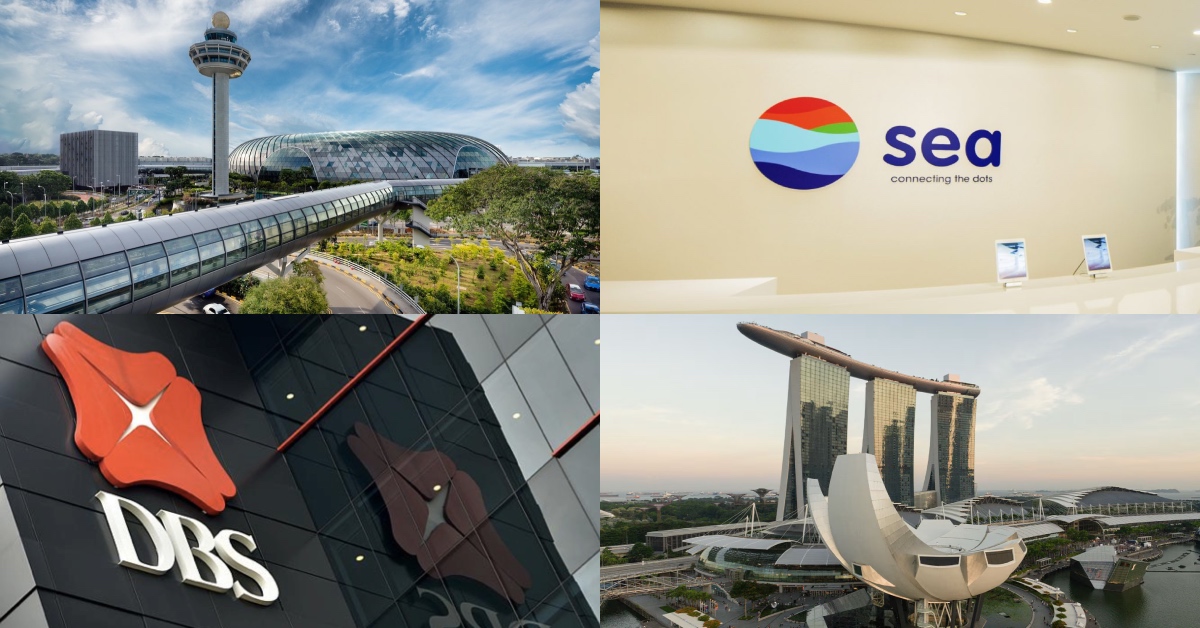Why stopping Russian sales is harder for food and drug brands
Several Chicago companies, from Mondelez to Abbott, continue some operations in Russia as they deem their products essential.

Declaring their products essential, several Chicago-area food manufacturers and pharmaceutical companies are continuing some operations in Russia as the body count rises in Ukraine—despite the reputational risks they face in doing so.
The reason? The companies view their products as necessary to average Russian citizens. Abbott, which will keep selling medicines for cancer and organ functions, said those types of products are “generally exempt from sanctions for humanitarian reasons.” The CEO of Oreo maker Mondelez International said it would scale back nonessential activities “while helping maintain continuity of the food supply during the challenging times ahead.”
Read more: How the marketing industry is responding to the Ukraine war
The move is a risky one. Though corporate America has grown more comfortable wading into choppy political waters over the past few years, the war in Ukraine is different. In America at least, sentiment is largely one-sided and decidedly anti-war. The companies are scaling back, but maintaining any business in Russia threatens their reputation with investors and consumers in the U.S., where the bulk of their revenues are made.
On the other hand, cutting off food and medical supplies to the Russian people could carry its own consequences, experts say. Besides ketchup, Kraft Heinz makes and sells baby food in the country, and it derives less than 1% of its sales from business there. There’s an argument that Russian babies should not suffer for the actions of President Vladimir Putin, for example. Experts say there could be truly moral motivations behind continuing operations in Russia.
But Russia also poses a promising source of growth potential for companies such as Mondelez and Abbott. Keeping some form of business functioning there could double as a branding move, winning them moral brownie points while allowing them to maintain a toehold in the country, said Amanda Sharkey, associate professor of organization and strategy at the University of Chicago’s Booth School of Business. Branding their operations as essential could also get them out ahead of further restrictions.
“It’s framing,” she said. “It’s them trying to make a statement about who they are.”
It’s notable that globalization has reached a point where, to some extent, companies decide which products are essential during wartime, experts say. It’s a powerful move for executives to make, especially as sanctions hit other companies like bullets.
For health care companies in particular, some of which truly provide life-saving products, there’s more room to justify why they’re continuing to do business in Russia rather than say, snack and fast-food companies, says Harry Kraemer, a professor at Northwestern University’s Kellogg School of Management and the former CEO of Baxter International.
“Health care companies have a responsibility to protect human life,” Kraemer said. “I don’t think it would be the right thing to not provide essential health care services to the people in Russia.”
For some food companies, on the other hand, it’s a little different. “I don’t think (Russians) deem our hamburgers as essential,” he adds.
For many food companies, the decision over what to do with Russian operations has been an agonizing one. McDonald’s shut down its 847 Russian stores last week, a move that is expected to cost it $50 million a month. It will keep paying employees in Russia and Ukraine, where it shut down 108 locations. The company has also become the target of potential trademark infringement, which could ultimately water down its brand and make it difficult to reopen in the country.
The statements companies have made to announce their scaling back in Russia have also varied, from concise to scathingly critical of Putin’s war.
The companies continuing operations in Russia must be crystal clear about why they are making that decision or risk backlash, Sharkey said.
“There’s not a black and white, right or wrong on this,” she said. “The decisions they are making are very defensible; I think they just need to be out there explaining them to the public.”
Read more: Big brands leave Russia, taking a stance despite sales hit
A spokeswoman for Kraft Heinz declined to comment for this article, and a representative of Mondelez, which makes chocolate in Russia, did not respond to a request for comment. Mondelez’s business in Russia and Ukraine comprises about 3.5% of sales, according to a JPMorgan estimate.
Similar to Abbott, pharmaceutical company AbbVie, known for making arthritis drug Humira, has also suspended some operations in Russia, but only for its aesthetics products, which includes things like botox and other filler products typically used for cosmetic services.
The company continues to sell “essential and life-saving medicines,” according to a statement on AbbVie's website. Spokesman Frank Benenati did not respond to Crain’s questions about which specific products that includes.
The other moral dilemma companies face right now is whether to close down offices or manufacturing facilities in Russia that would inevitably put people out of jobs, Kraemer says. Abbott, which manufactures and sells medicines in Russia for oncology, women’s health, pancreatic insufficiency and liver health, has a chemical and pharmaceutical plant it acquired in 2014 in Voronezh, a city in southwestern Russia, according to its most recent annual filing.
It's unclear exactly how many people Abbott employs there, but there were more than 2,000 people at the time of the acquisition, according to a press release. The company did not respond to multiple requests by Crain’s for comment.
Meanwhile, AbbVie also has a physical presence in Russia through its subsidiary Allergan, which has an office in Moscow and sells products in both Russia and Ukraine. It’s unclear how many people work out of the Allergan office.
As companies across industries consider how to operate in Russia going forward, Kraemer says health care, medical device and pharma companies are typically more insulated from damage to their reputation than other types of businesses because of the type of products they provide.
“I doubt people would give a health care company a lot of grief for doing something that helps preserve life in a place like Russia right now,” he says.

 Troov
Troov 
































